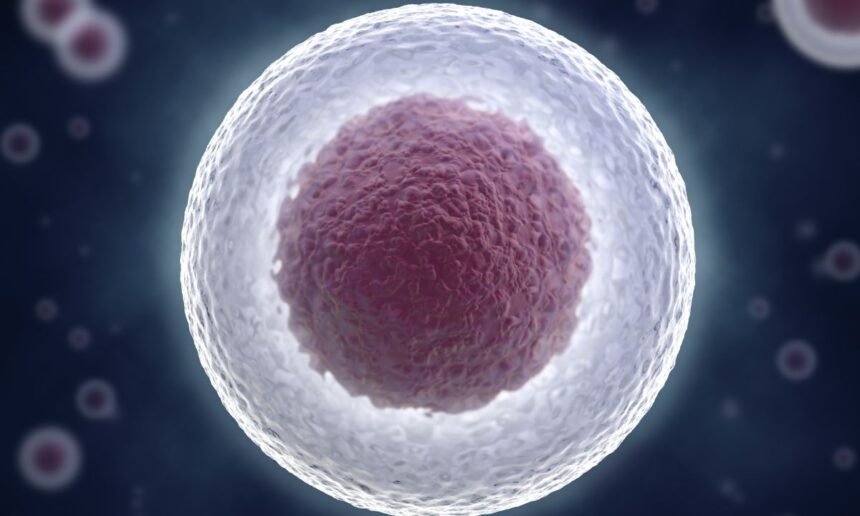Exploring the Diverse Eukaryotes United by Heterotrophy and Sex
Eukaryotic organisms possess complex cells with specialized parts like nuclei and organelles. This enables intricate functions like advanced metabolism compared to simple prokaryotic cells. Within the immense eukaryotic domain spanning protists to plants, some kingdoms share key commonalities: they exclusively eat other organisms to derive energy (heterotrophy) and favor sexual reproduction strategies.
Let’s explore three fascinating eukaryotic kingdoms relying on those unifying principles:
Animalia Kingdom: Masters of Movement and Metabolism
The animal kingdom glittering with diversity needs little introduction, from primates swinging tree to tree to jellyfish pulsing through aquatic realms. Despite wildly varied forms, all animals share heterotrophy, consuming other organisms as critical energy sources. This fuels the mobility and complex behaviors animals are renowned for manifesting so adeptly.
Advanced digestive systems allow extracting nutrients from diverse diets like carnivorous lions feasting on meat or nectar-sipping hummingbirds. Matching metabolism rates to activity levels enables thriving across habitats and evolutionary niches.
Reproductively, asexual budding occurs occasionally in some animal species. But sexual reproduction predominates for mixing favorable genes. Tactics range from internal fertilization in mammals to the synchronized spawning of millions of corals across reefs.
Fungi Kingdom: Recycling Nutrients as Decomposers
Contrasting animals’ mobility, fungi typically remain anchored in place but no less vital to ecosystems. These heterotrophs specialize in decomposition, secreting digestive enzymes onto their surroundings that break down dead tissue and wastes into reusable compounds. The nutrients are then absorbed back into their filamentous bodies.
Given the essential role fungi play in nutrient cycling, it’s alarming that only 5-10% of fungal species have been identified so far. Their reproductive strategies further highlight nature’s inventiveness. Mating happens via spores that often initially germinate through asexual budding before sexually merging compatible strains.
Protista Kingdom: Microscopic Masters of Metabolic Diversity
The protists, while microscopic, are mighty drivers of global nutrient circulation as primary producers, predators, and prey. Algae form aquatic ecosystems’ foundations via photosynthesis while other protists consume bacteria or smaller protists in webs of dependence. Still others are flexible mixotrophs, both photosynthesizing and engulfing food particles.
This kingdom really displays the metabolic range of eukaryotes, from plant-like species to completely heterotrophic ones like amoebas that capture targets with delicate pseudopods. When reproducing, some multiply efficiently via binary fission while sexual conjugation blends advantageous genetic diversity.
Interconnectedness Reveals Why Diversity Matters
Zooming out, appreciating these kingdoms’ shared principles reveals the profound interdependence enabling life’s fabric itself. The cycle spins on heterotrophy providing energy so essential roles like decomposition and renewal perpetuate. Mixing genes sexually allows favorable adaptations to arise and spread.
Lose fungi as mass recyclers of waste and nutrients, and ecosystems collapse. Lose diverse prey species, and food webs destabilize. Lose genetic variation through sexual reproduction, and organisms lose resilience against threats like disease or climatic shifts. Diversity thus generates adaptive flexibility at global scales.
By homing in on unifying principles binding vastly different organisms, we witness billions of years of innovation collaborating to craft stability. We humans rely on these complex balancing acts – perhaps it’s time to rethink our place within nature’s masterpiece rather than apart from it for our species’ long-term survival. Our hike through eukaryotic kingdoms reveals that if biodiversity crumbles, so too do our fortunes.






